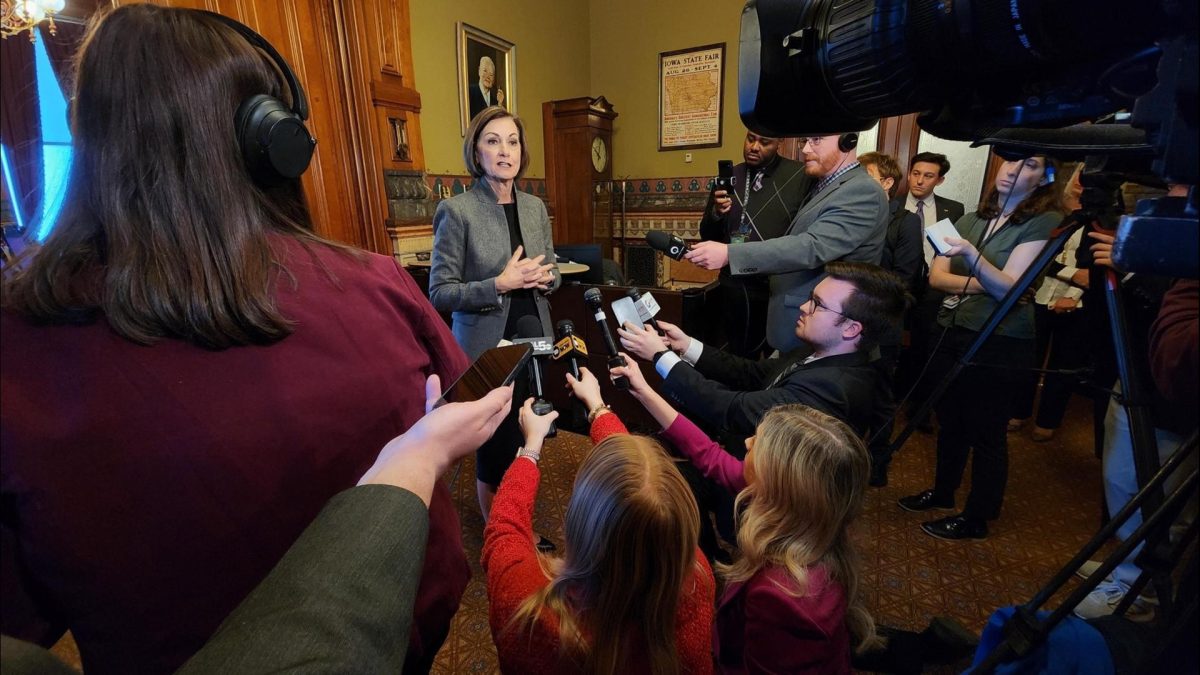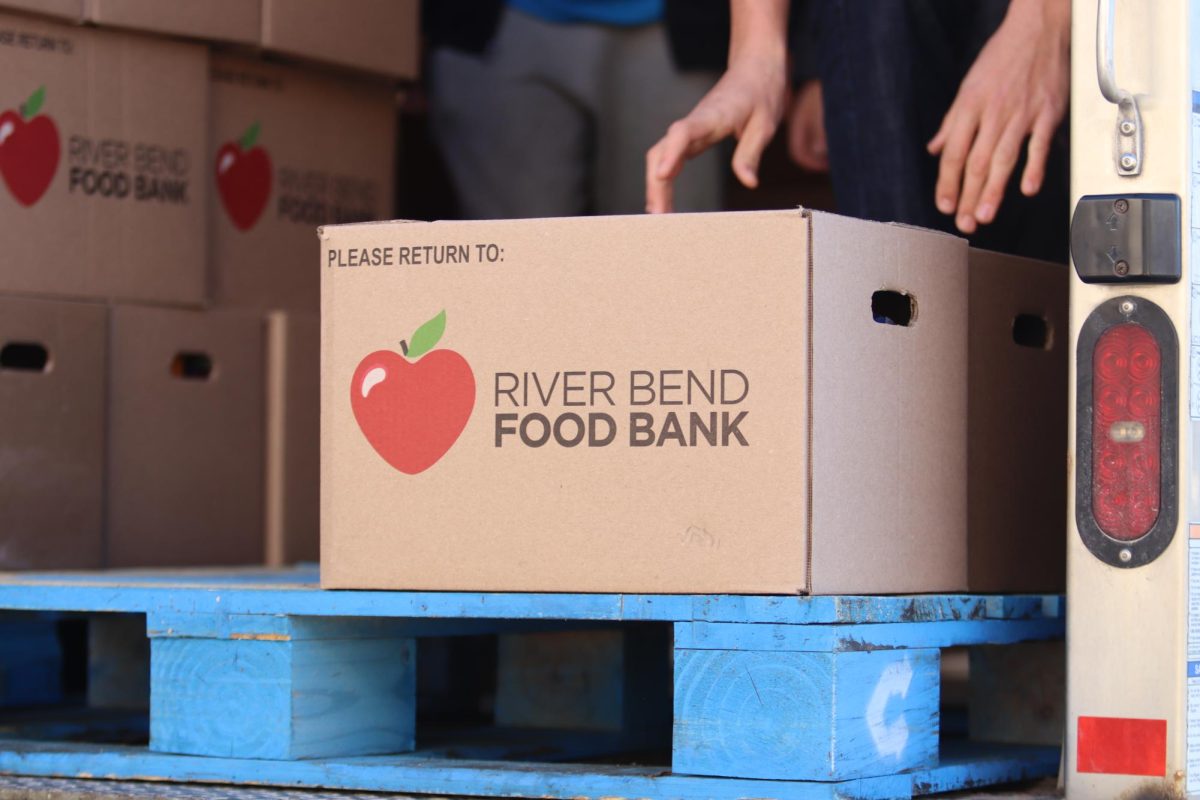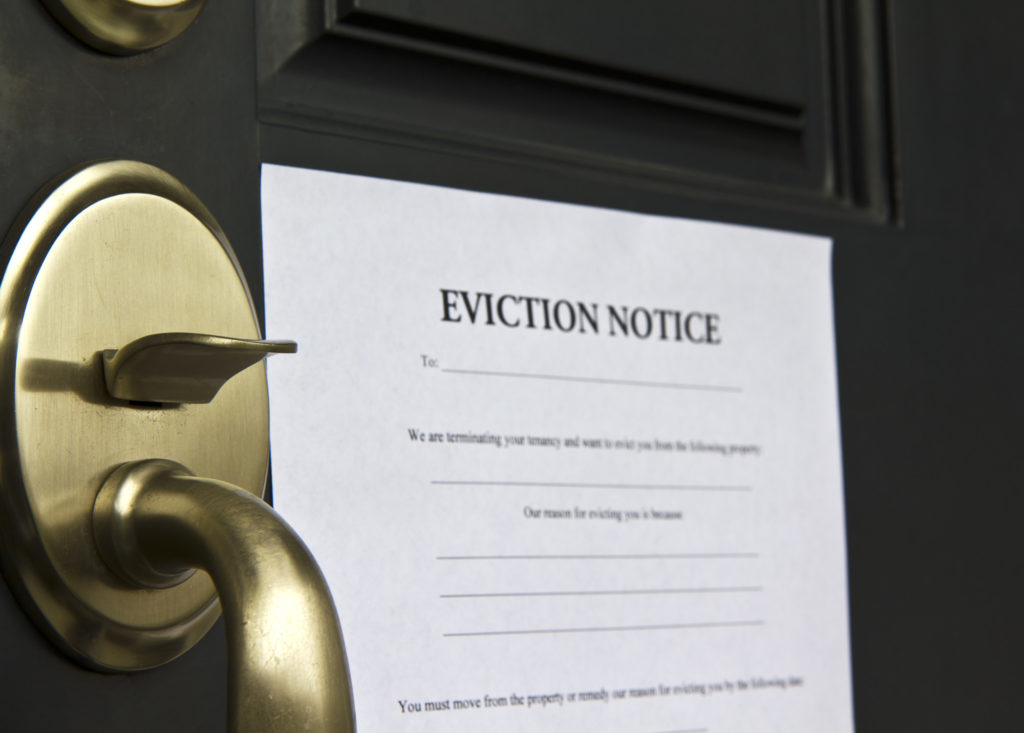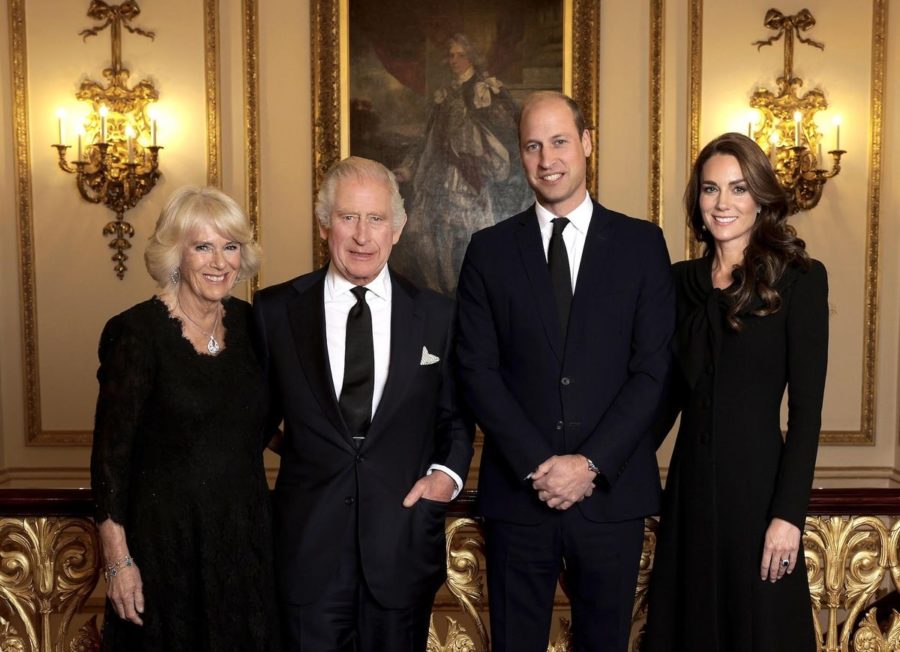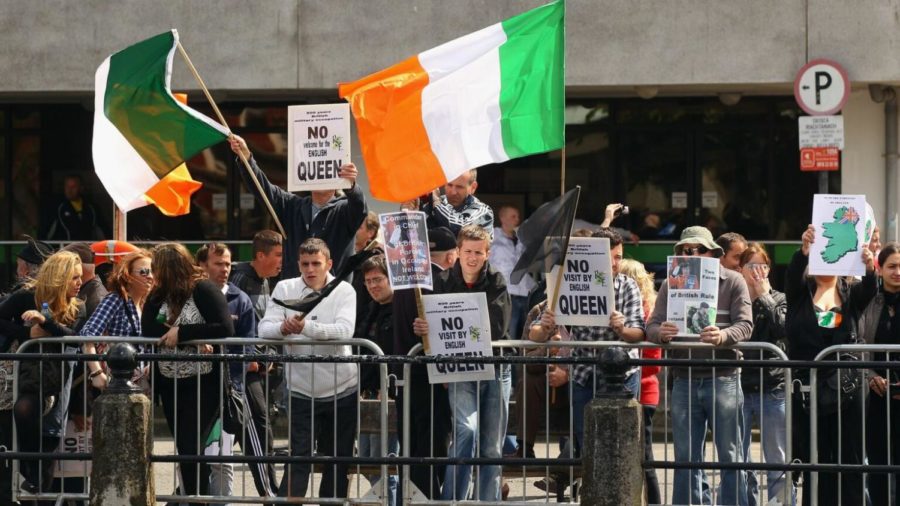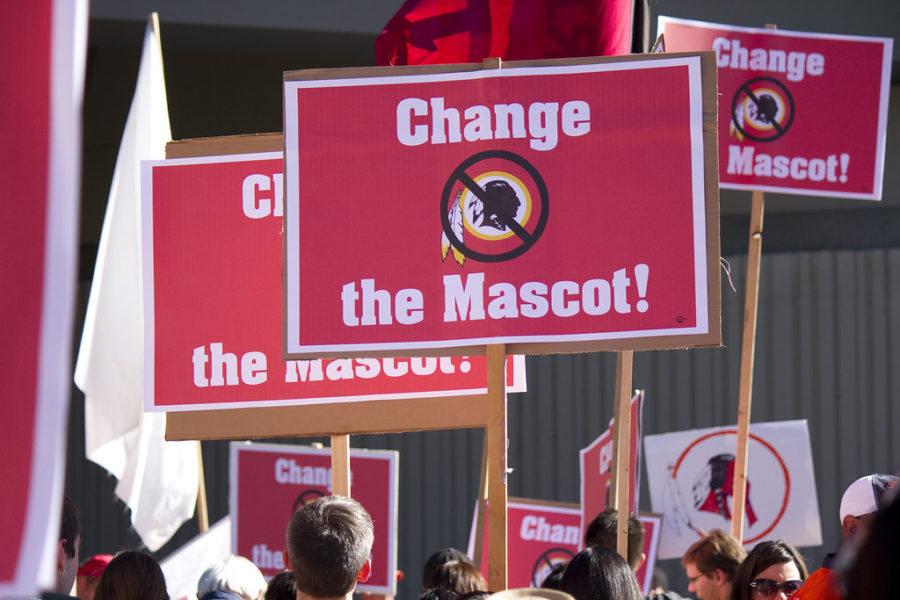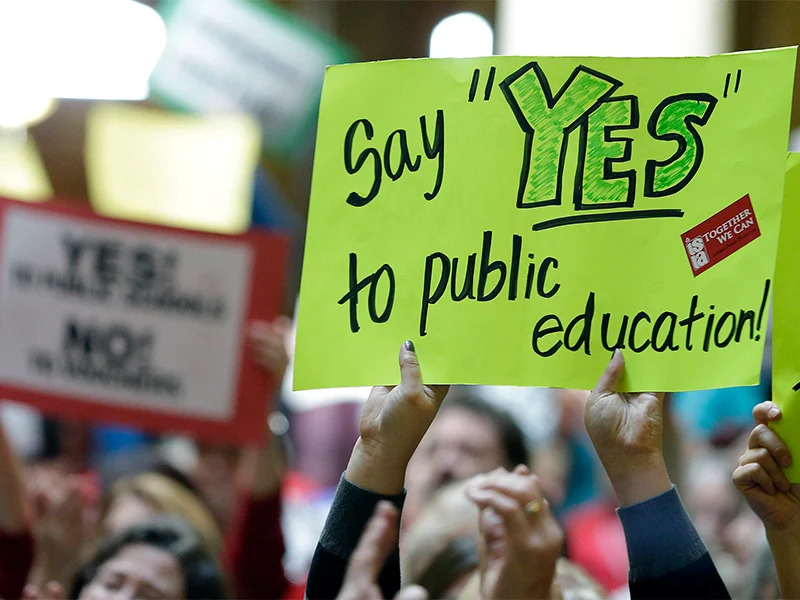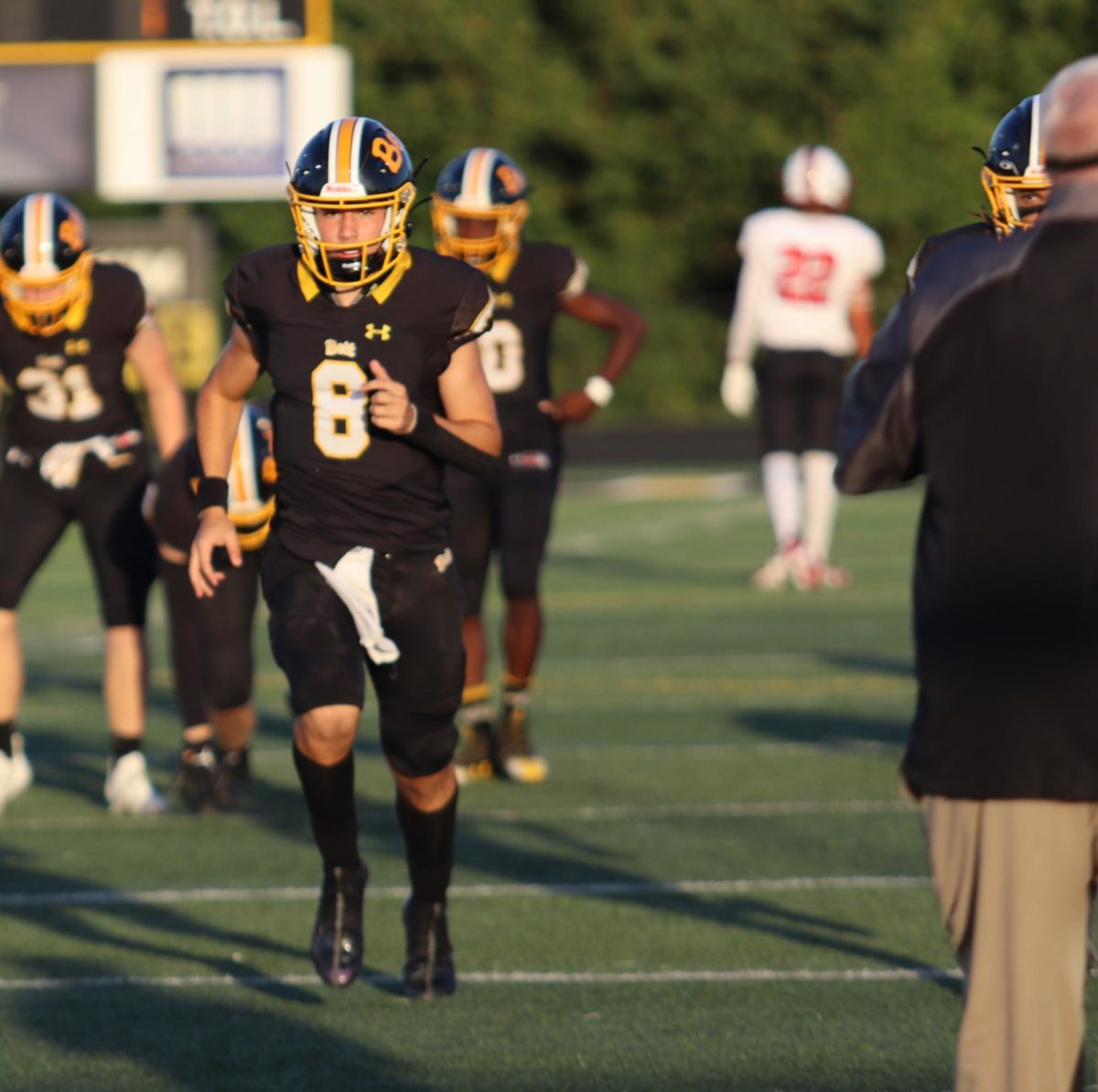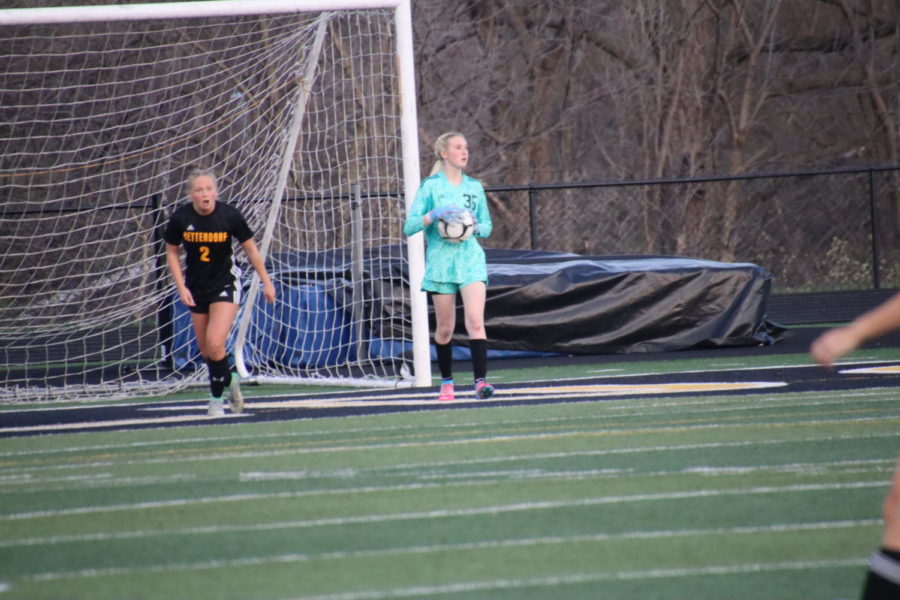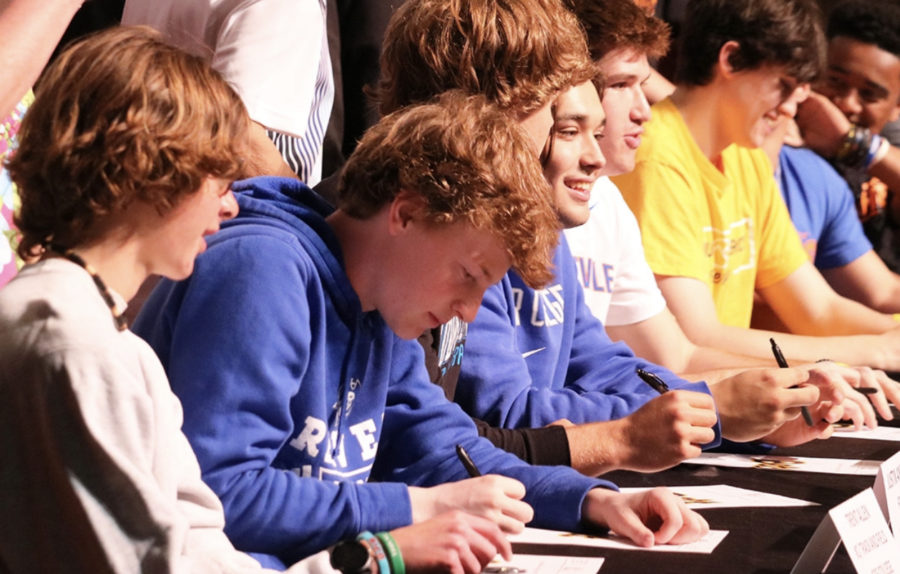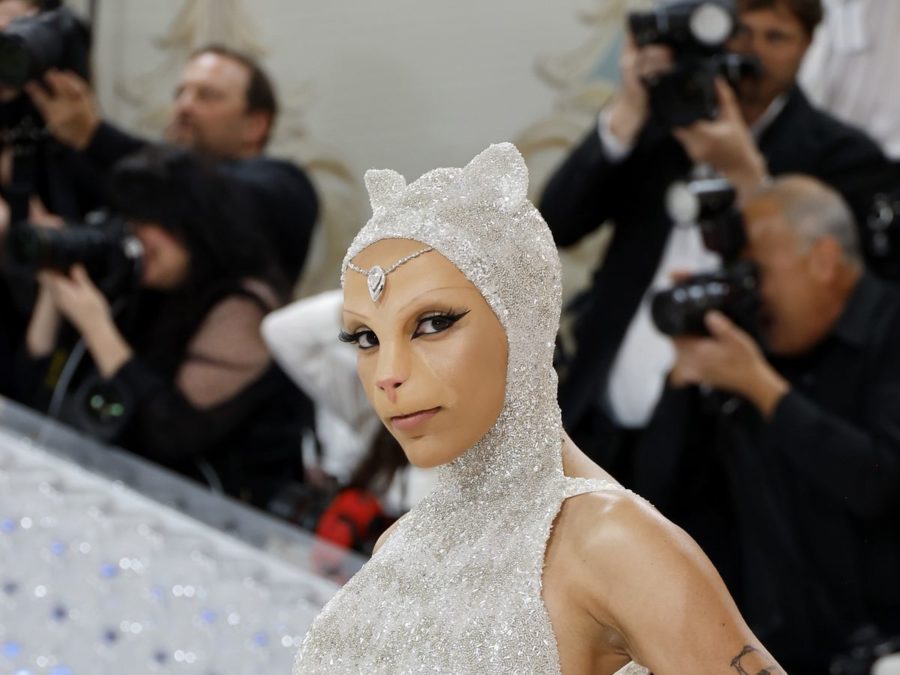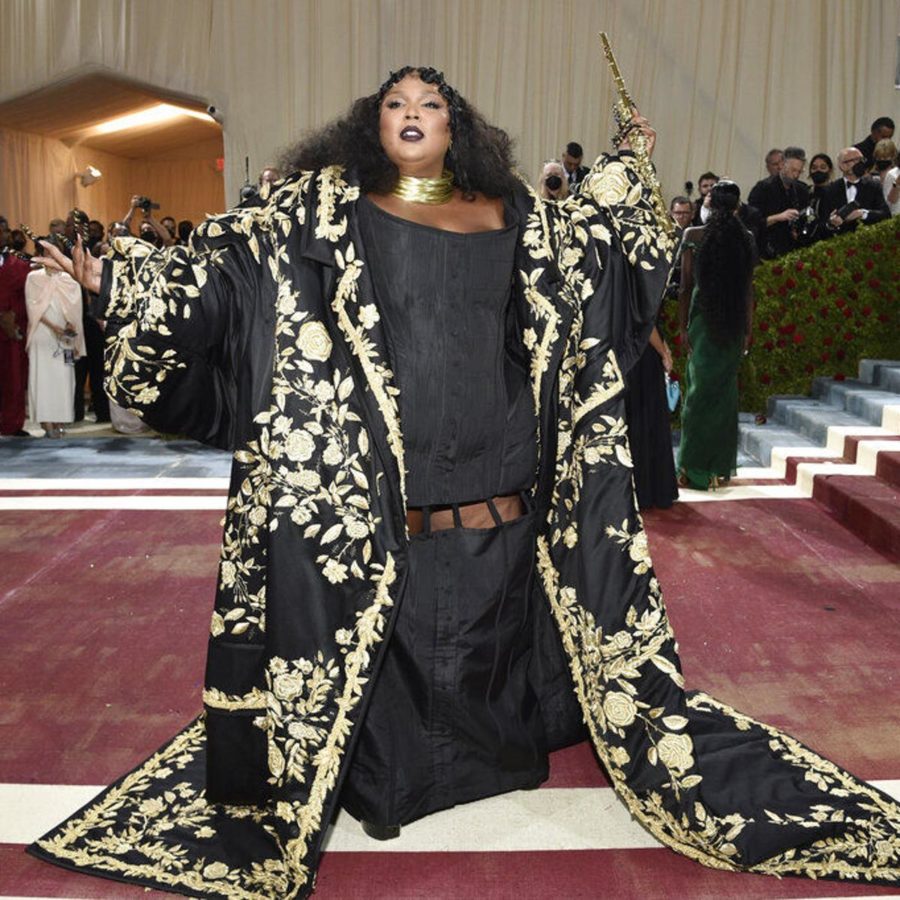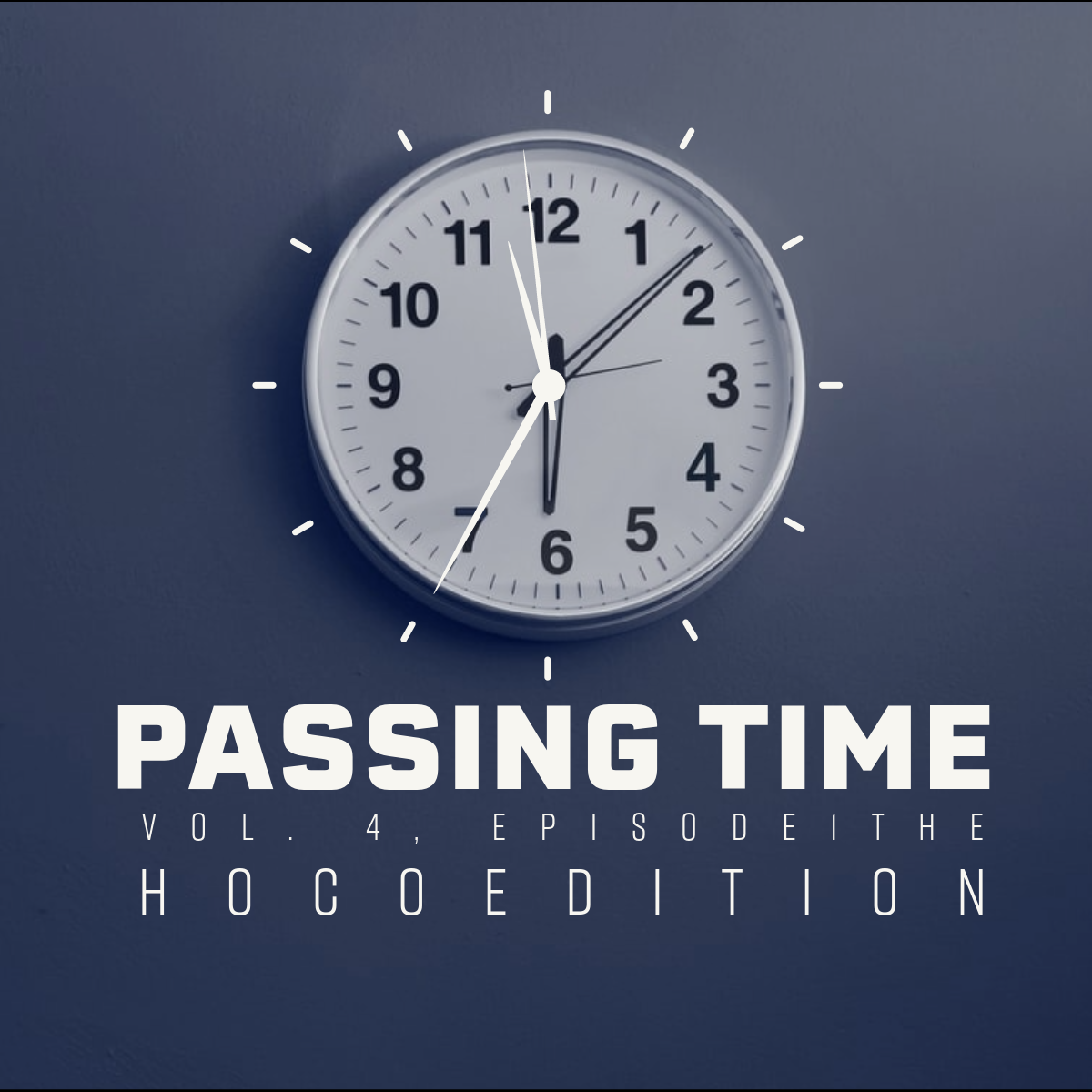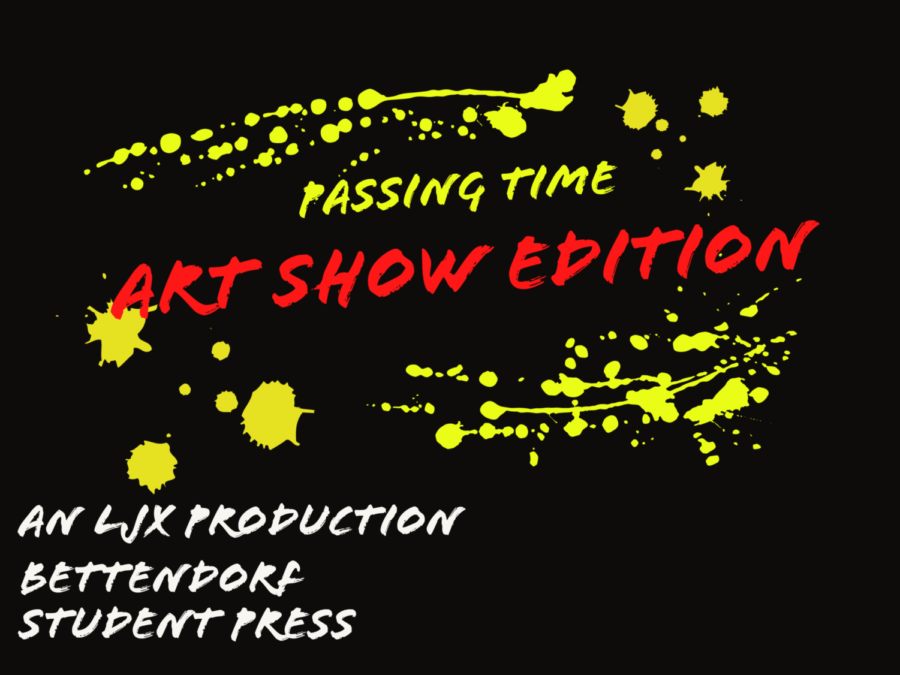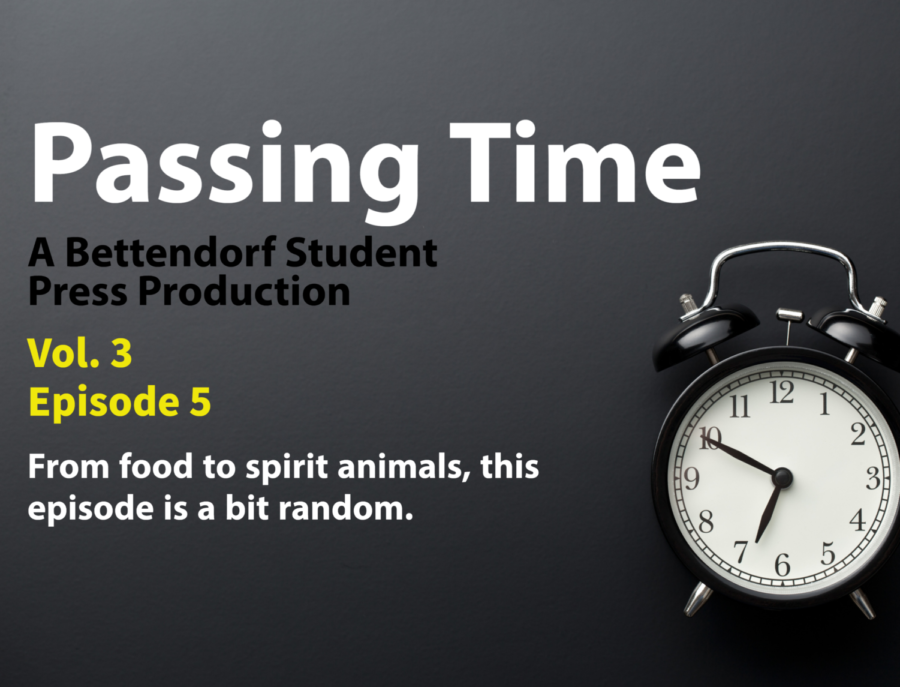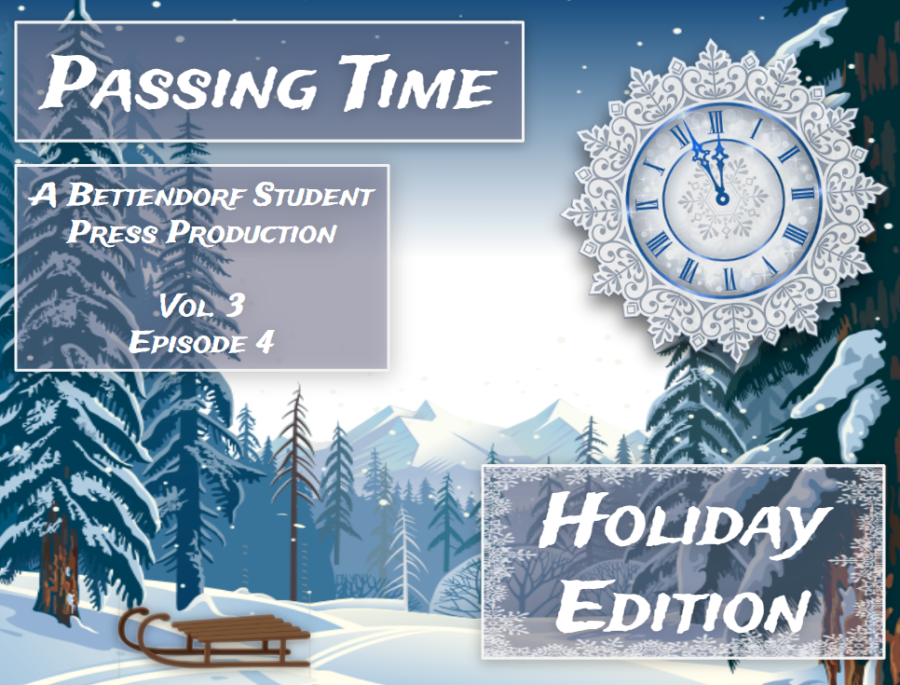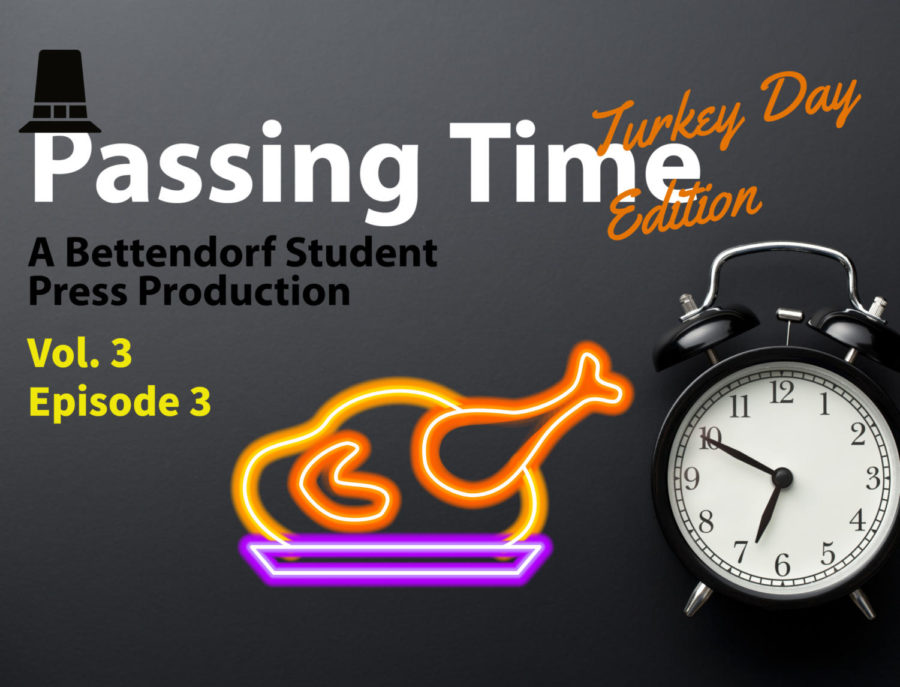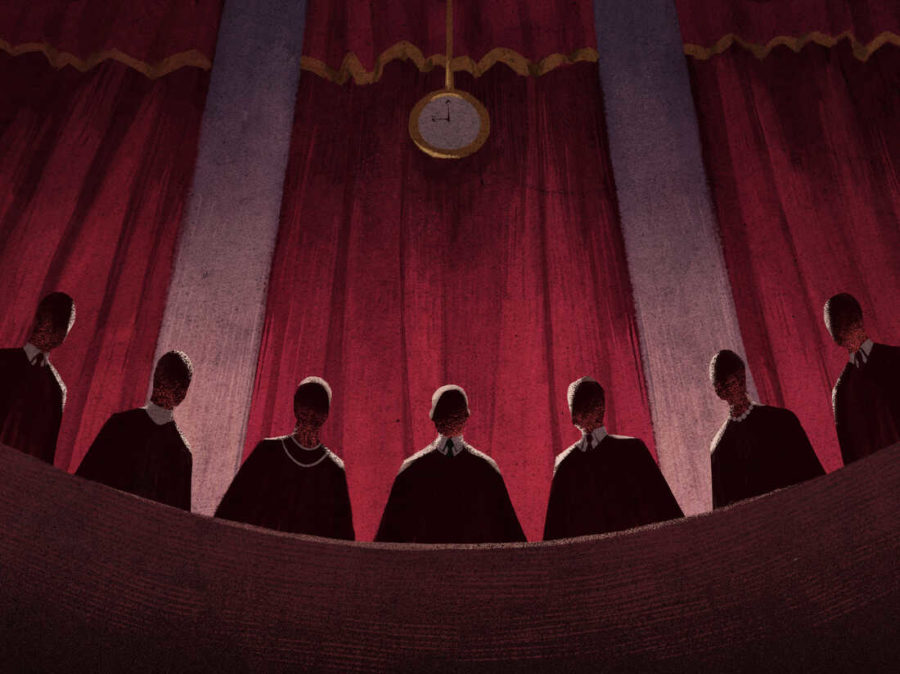BHS students react to Supreme Court’s consideration of the Affirmative Action policy
November 15, 2022
Throughout the decades, Affirmative Action has received plenty of pushback, along with cases that challenged its validity. But the Supreme Court has continuously ruled that when reviewing college admissions, race may be a factor to consider. Despite these decisions, the current conservative majority of the Supreme Court is expected to overturn the ruling that guaranteed continuation of race inclusive admissions.
Issued in 1961 by executive order, President Kennedy hoped Affirmative Action would be a quiet way to integrate the colleges and universities across the country, and the idea was successful for a while.
“At the time Affirmative Action was created, there was a large disparity between white people and all other minorities. It was very clear that white people were more likely to get into college than a minority student,” said junior Hayden Robnett.
But peace was broken in 1978 with the introduction of California v. Bakke to the U.S. Supreme Court, a case that challenged race inclusive admissions.
1978 was just the beginning, as there would be four more cases heard by the Supreme Court concerning Affirmative Action. The ruling was polarizing, as it led to the creation of race quotas and denial of qualified applicants, along with increase of diverse student populations and inclusion of underrepresented minorities.
Those who disagree with the ruling claim that Affirmative Action discriminates against those who meet the academic requirements. For instance, California v. Bakke dealt with Allan Bakke, a white man, who was denied admission by the university despite his test scores that outranked all minority students who were admitted that year.
In a form concerning student’s opinions on Affirmative Action, several users showed their discontent with the concept.
“I don’t support Affirmative Action because college admission should be based on skill and willingness to try rather than the color of your skin tone,” said an anonymous user. “Affirmative Action just creates more racism and does not solve any problems. I know friends and family members who were denied a qualifying role just because the company needed a certain number of different races.”
The policy of Affirmative Action did not always work as intended, since many universities, including Harvard Law, instated “race quotas,” which forced admission teams to accept a certain amount of minority students each year.
Despite complications, supporters argue that without Affirmative Action, historically white universities, especially those in the Ivy League, may return to a mostly white student population. Many point to systemic racism, which affects the finances and academics of minority students since birth, putting them at a disadvantage.
“I think that Affirmative Action is the best policy we have to deal with racial disparity, I mean, it’s not perfect, but it’s all we got,” said senior Zachary Adams.
The Supreme Court is set to hear these sides once again, this time, with a conservative majority. Affirmative Action is expected to be overturned but the next step is unclear. Should there be a revised replacement policy or should college admissions be left alone?
“I think that nowadays, it would be more beneficial to include income and wealth rather than race,” said Adams. “So those in an already good economic standing don’t benefit.”
“I don’t think it’s needed. In general, society has grown a lot and the difference that the policy was created for isn’t as bad. Especially since it only focuses on one demographic,” said Robnett.
Despite its rocky history and lack of Supreme Court support, Mike Reilly, executive director of the American Association of Collegiate Registrars and Admissions Officer, shared his thoughts on the policy in an interview with NPR.
“Affirmative Action makes sure that a student body represents a broad range of characteristics, and does not simply rank students based on their test scores and their grades from high school. If that were the case, we wouldn’t have an admissions profession, we’d just have a spreadsheet.”

